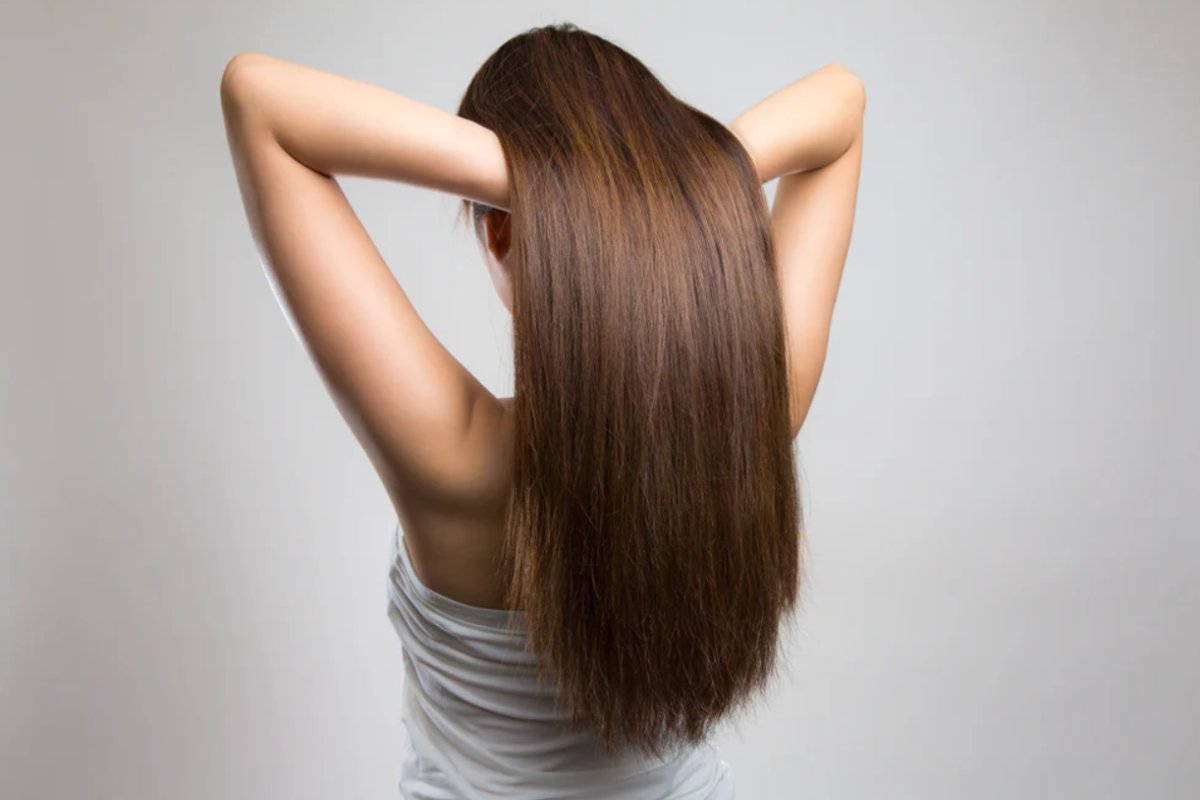Adaptogens for Hair Growth – When you lose your hair, your hair falls out – that’s correct as far as it goes. But that’s not a problem because the hair root stays on top of the head and follows a hair cycle. This means that if a hair falls out after a certain period (between 2 and 6 years), it grows back. Nevertheless, specific causes ensure that this process is disrupted and the hair does not grow back normally.
Table of Contents
3 REASONS WHY YOU LOSE YOUR HAIR
The causes of hair loss are diverse. The most common causes of Adaptogens for Hair Growth include stress, vitamin deficiencies and hormones.
1) Stress
80% of all people in this country suffer from anxiety – thanks to the corona crisis, even more than before. This leads to many physical complaints such as a higher susceptibility to infections, headaches and hair loss. Because stress can change the hair cycle and promote hair loss.
Attention: Lack of sleep promotes stress-related hair loss even more! People who suffer from constant stress are usually also those who sleep poorly. Why is that? Our hair roots also need the night as a recovery phase. But if there is no recovery, these cannot regenerate, and further hair loss is encouraged.
Therefore, the following applies: First, eliminate the cause of your stressful condition to solve stress-related hair loss. For example, various adaptogenic medicinal plants that help the body to react better to stress, such as Rhodiola Rosea (roseroot) or Ashwagandha (sleeping berry), have proven to be helpful.
2) Vitamin and Nutrient Deficiencies
Hair is dependent on nutrients, vitamins and trace elements every day. Unfortunately, very few people eat a balanced diet – more precisely, not even 1% of the population. A deficiency can cause hair loss. A typical deficiency that causes hair to fall out is iron deficiency. The good news? Researchers report that hair growth can be quickly stimulated again when the iron deficiency is corrected.
In addition to iron, silicon, zinc, biotin, omega 3 fatty acids, vitamins C, D, E, B, and A are particularly important for hair growth because this help to promote hair growth and prevent hair loss.
Therefore, the following applies: Look specifically at your nutrient supply, especially your iron and vitamin levels, and consider that hair loss can occur even with a slight deficiency.
3) Hormones
You can fix too much stress and a lack of nutrients yourself, but what about hormonal balance?
For Women:
Hormones determine almost everything in our body and influence the duration of the hair cycle, i.e. the lifespan of a hair. Women are particularly affected by hormonal hair loss during menopause, after pregnancy or after stopping the birth control pill.
Therefore: Discover helping phytohormones, i.e. plant substances that help to regulate the hormone balance naturally. For women, for example, a chaste tree or lady’s mantle is suitable.
For Men:
Almost every second man from age 20 suffers from progressive hair loss, which can be seen as bald or semi-bald. The hormone testosterone is mainly to blame for this, as its degradation product shortens the growth phase of the hair until the hair follicles die at some point – the hair thins.
But is going bald always irreversible? No, not always!
Therefore, supply the hair roots with nutrients in a targeted manner! To get freed of any waste products that impede the supply of nutrients, you should also deacidify your body and build up your intestinal flora.

